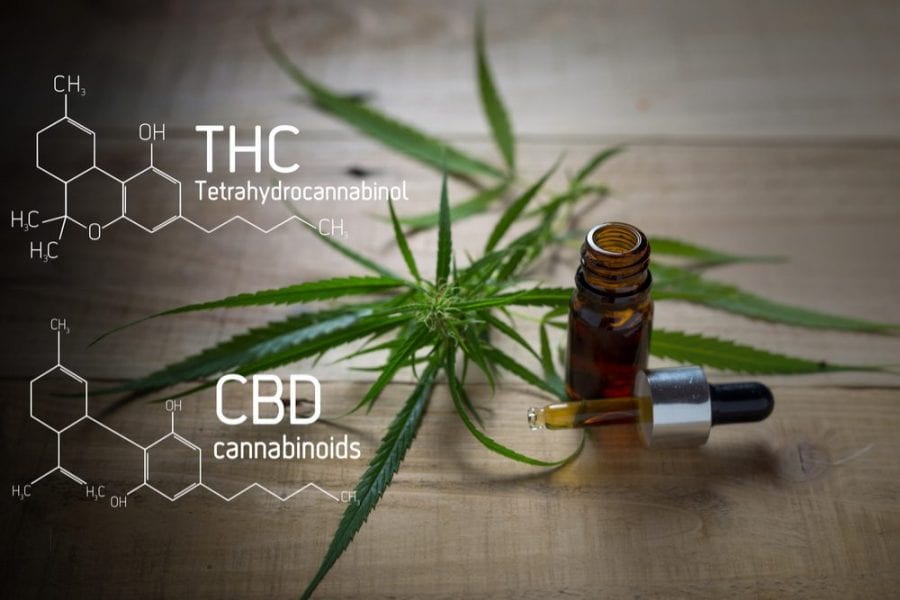BC Cancer is conducting the first ever human trial on the relationship of cannabis in the treatment of cancer symptoms.
Firstly, patient testimonies about the curative powers of cannabis in fighting cancer are all over the Internet. The stories are too numerous and personal to ignore or disregard as hysteria or placebo. Just as numerous as these patient testimonies are the accounts of cannabis helping patients sail through chemo and radiation. These stories are a consequence of cannabis’ effective treatments for nausea, vomiting, and cancer pain. Unfortunately, research into cannabis and cancer has lagged for years. Basically, we don’t yet have the science to back up these personal accounts. Anything not thoroughly tested to a solid safety profile will be unlikely for doctors to prescribe.

British Columbia, Canada’s B.C. Cancer in is rising to meet the challenge. Consequently, this research group will conduct the first ever national clinical trial assessing the effectiveness of cannabis extracts in treating cancer associated symptoms.
Dr. Pippa Hawley, a palliative care specialist and medical director at B.C. Cancer will spearhead clinical trials. According to Dr. Hawley, the aim of this study will be to basically confirm anecdotal evidence and pave the way for the creation of cannabis guidelines for patients and healthcare professionals. Doctor Hawley also prescribes palliative care patients with cannabis oil.
Anonymous donors have funded the study to a total of $1 million. Whistler Medical Marijuana Corp will donate the cannabis. Next, active data collection will occur over 48 days, split into three cycles. Consequently, one-hundred-fifty participants will be selected from several cities including: Vancouver, Abbotsford, Prince George, Victoria, Calgary, Winnipeg, Ottawa, Kingston and Toronto.

Want To Be Involved in This Study?
Only cancer patients meeting specific criteria are eligible to apply. Indeed, while they are in this stage, some patients will experience unstable cancer growth. Nevertheless, it is an incredibly important undertaking. Recruitment will take place at the beginning of 2019. Data collection will conclude by the end of the year. Because of this, we should expect to see the results published in a reputable medical journal by June of 2020.
Cannabis and Cancer: Ratios and Placebo
This study compares three types of cannabis oil against a placebo. The aim is to establish how the different ratios perform in the alleviation of cancer-related symptoms. The cannabis extracts used will be as follows:
- High THC and Low CBD
- Low THC and high CBD
- Equal amounts of THC and CBD (1:1)
- Placebo
In the first cycle, each participant will take drops from one of four unlabeled oil vials for four days. Initial dosing will be three drops in the morning and an additional one to three drops every four hours (depending on mass). Also, participants will rate the dosage according to the symptom alleviation (using a scale) and tolerable side effects from the cannabis. Basically, the symptoms considered include: nausea, vomiting, pain, anxiety and sleep disturbance. Doctors will use the Edmonton System Assessment Scale (ESAS-R) and the Patient Global Impression of Change Scale (PGIC) to rank the symptoms.
Basically, patients will repeat the process for three cycles in total, which gives each vial 12 days of testing.
First Dosing Information For Cannabis and Cancer
We will have the knowledge to confirm anecdotal evidence on the effectiveness of cannabis in treating cancer-related symptoms as a result of this study. And, just as importantly, oncologists will have dosage information for prescribing cannabis to their cancer patients.
Thankfully, Dr. Hawley believes that the study will reveal the superior ratio in treating cancer related symptoms: high THC, high CBD, or 1:1. She was quick to add that because “the results of this study will allow us to identify which symptoms respond to which types of cannabinoids, additional research will be needed to understand with more precision the most effective dosage required for each symptom, depending on their severity.”
Leaving Out The Sickest Patients
Lastly, this study focuses on cancer-stable patients. Because of that, doctors expect similar results for sicker patients in intense treatments. Dr. Hawley is confident the results of this study will ultimately extrapolate to the larger population of cancer patients.
This is big! We hope this study will pave the way for even larger human trials. If it does, the use of cannabis oil in treating cancer symptoms can finally be streamlined and then be made available for all patients across Canada.





